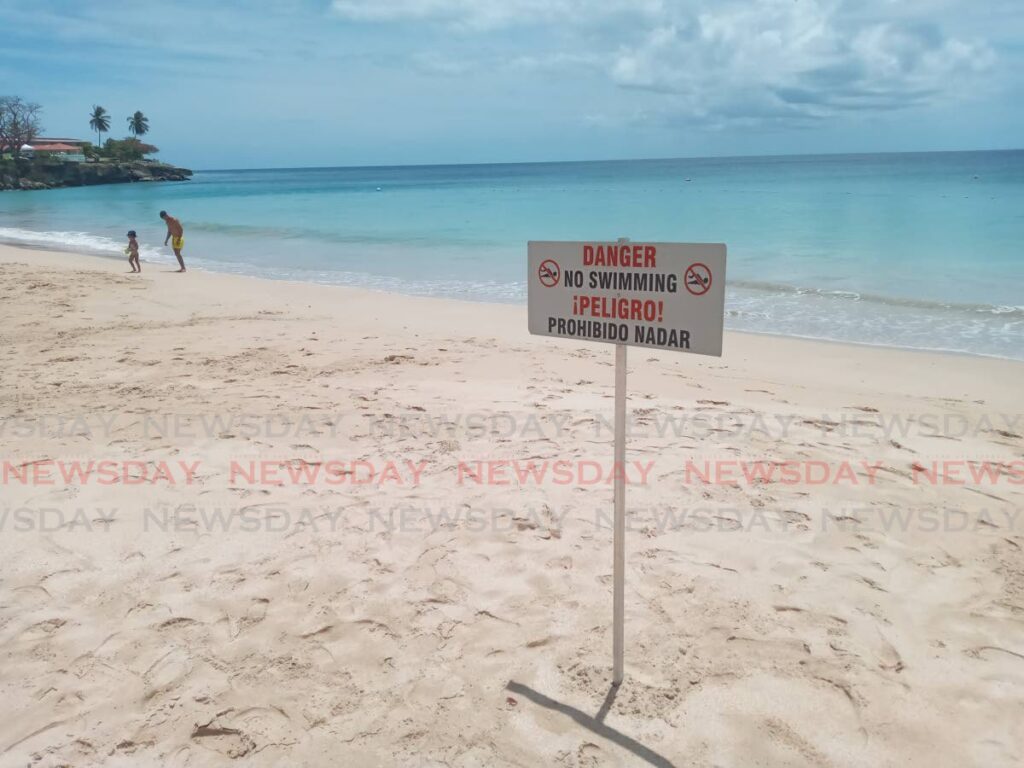A pause on Jaws

After Peter Smith, an English visitor to Tobago, was attacked by a bull shark on Friday, the Tobago House of Assembly’s reaction ranged from the sensible to the profoundly ill-advised.
Mr Smith was badly injured when the shark attacked him in waist-high water at Turtle Beach.
The THA sensibly closed down ten beaches on Tobago’s western coast, and Mr Smith was reported to be receiving hospital care.
Unfortunately, the THA also took a cue from the panicked reaction of the fictional Mayor Vaughn who sent boats after the killer shark in Stephen Spielberg’s 1975 marine fantasy Jaws.
But the THA’s prompt reversal of its plan to award a $10,000 bounty for the offending shark at least acknowledged that finding the shark in question was unlikely and the whole exercise was a pointless attempt at revenge rather than any form of marine threat control. If the bounty hadn’t been recalled, it’s possible the THA might have been called on to pay for multiple carcasses with no way of knowing which one had been the culprit.
The author of Jaws, Peter Benchley, realising the damage that his book had caused, became a conservationist champion of the species, telling the London Daily Express in 2006, “There’s no such thing as a rogue man-eater shark with a taste for human flesh.”
Interviewed by the BBC in 2022, Mr Spielberg offered sincere regrets about the many shark hunts triggered by his film.
Meanwhile, sharks face a real threat of overfishing, often for their fins, which are sometimes cruelly harvested, leaving the helpless animal to die in the ocean.
All the science on shark attacks points to either curiosity or mistaken prey, with the attack usually ending once the shark realises its mistake.
In addition, the BBC reported that the International Shark Attack File database shows almost all shark attacks in the region happen further north, in the central Caribbean and off the eastern and southern US. In 20 years, only two shark attacks have been recorded so far south, neither within 200 miles of Tobago.
One factor in the THA’s initial response was no doubt the damage that a shark attack might do to the island’s image among prospective visitors. But perhaps on reflection it was realised that massacring random sharks, rather than enhancing the island’s image as a safe place to visit, could damage its reputation among the very wildlife enthusiasts and environmentalists it hopes to attract. Tobago is and will continue to be dependent on tourism, and needs to weigh up all factors that affect its “brand image.”
Mr Smith’s experience was horrifying and unfortunate, but the circumstances were completely unpredictable.
For him, of course, rarity is no solace, and we hope for his recovery and understanding.


Comments
"A pause on Jaws"